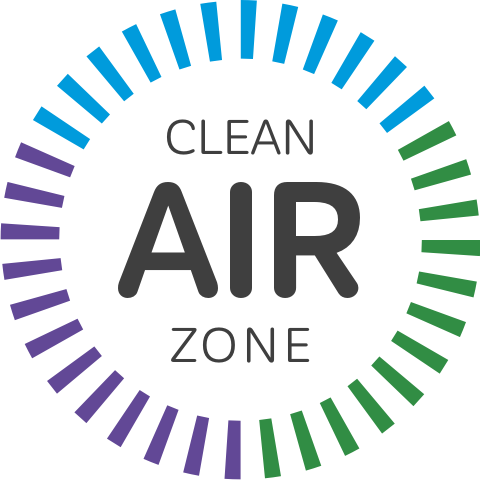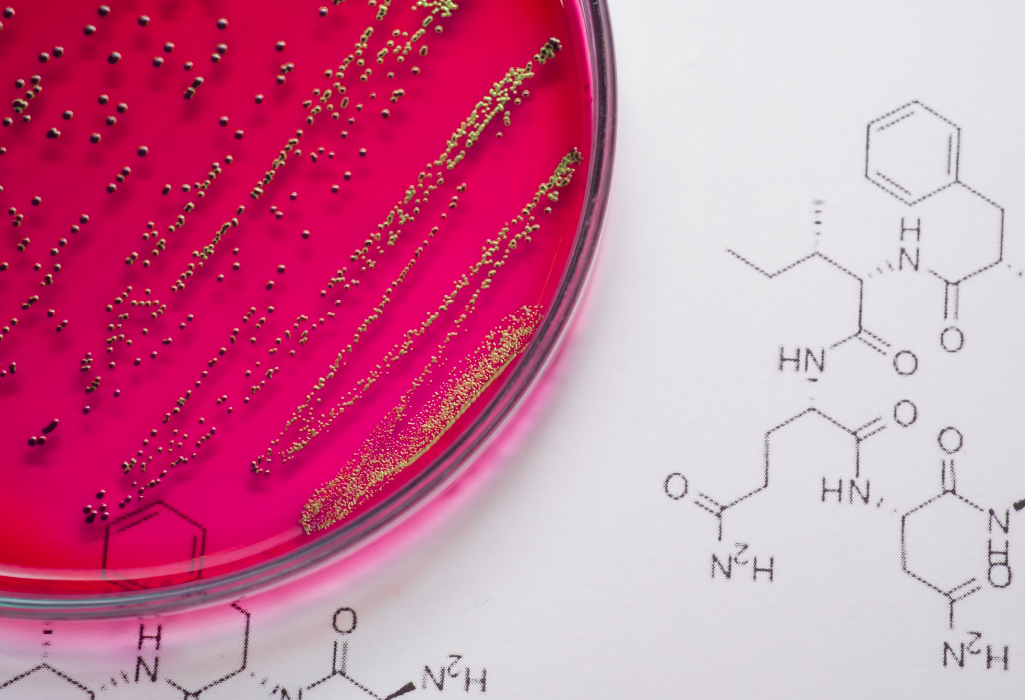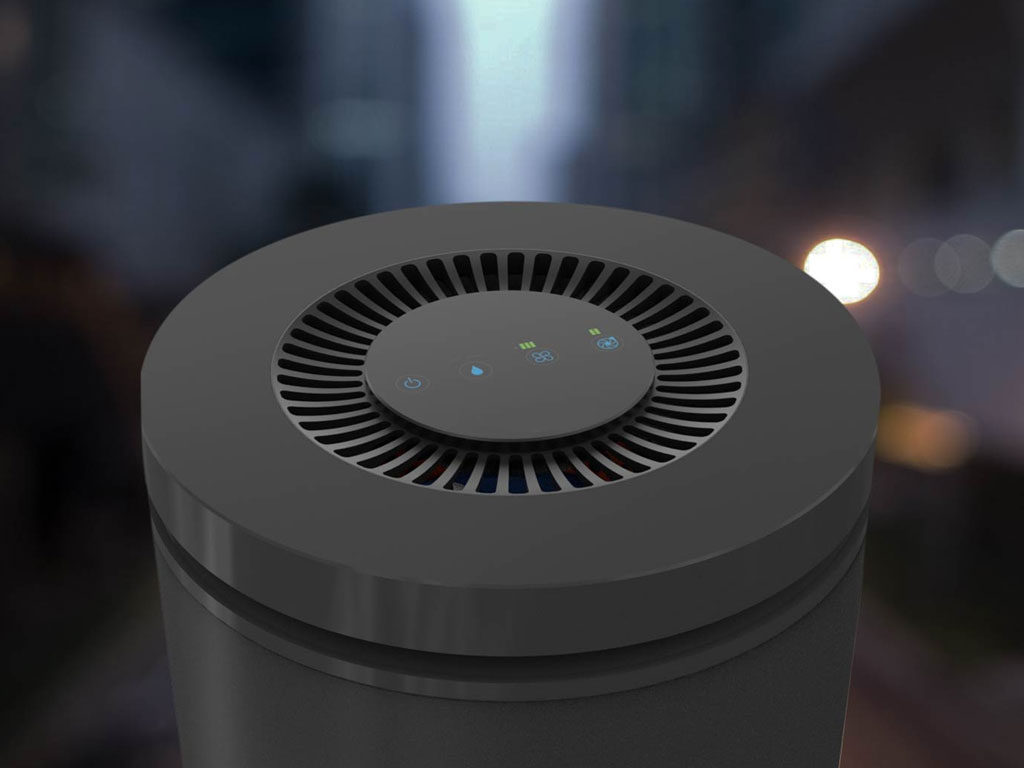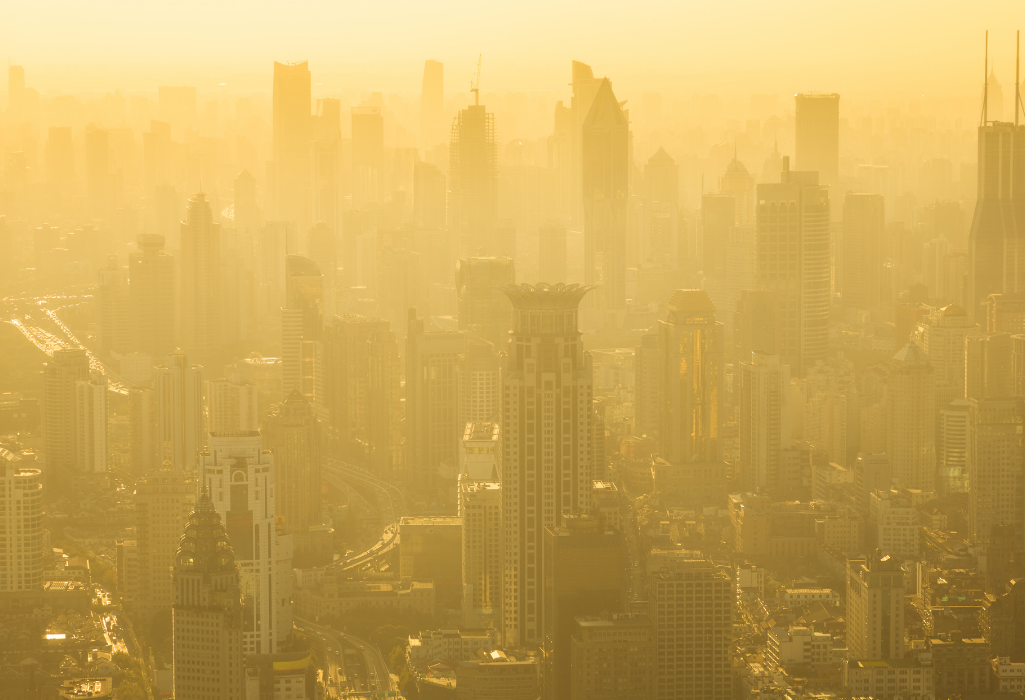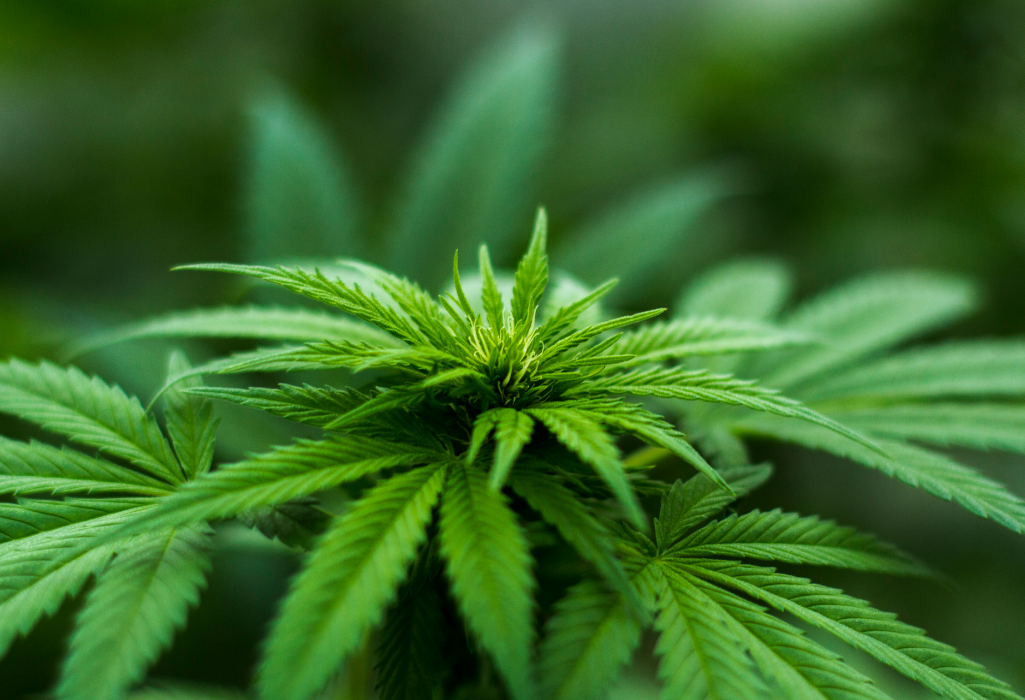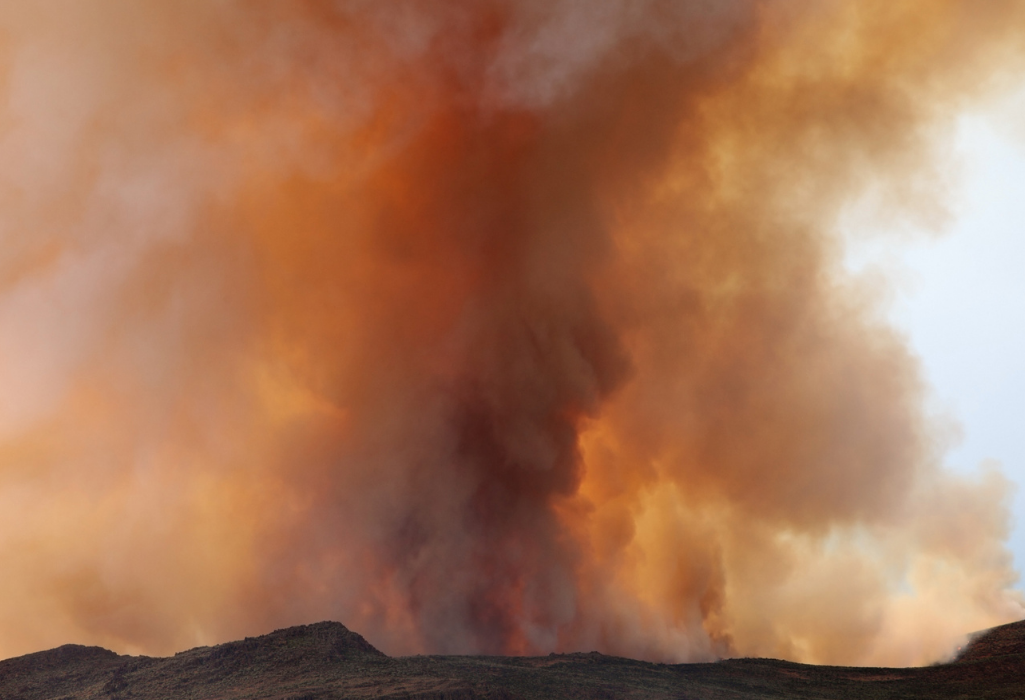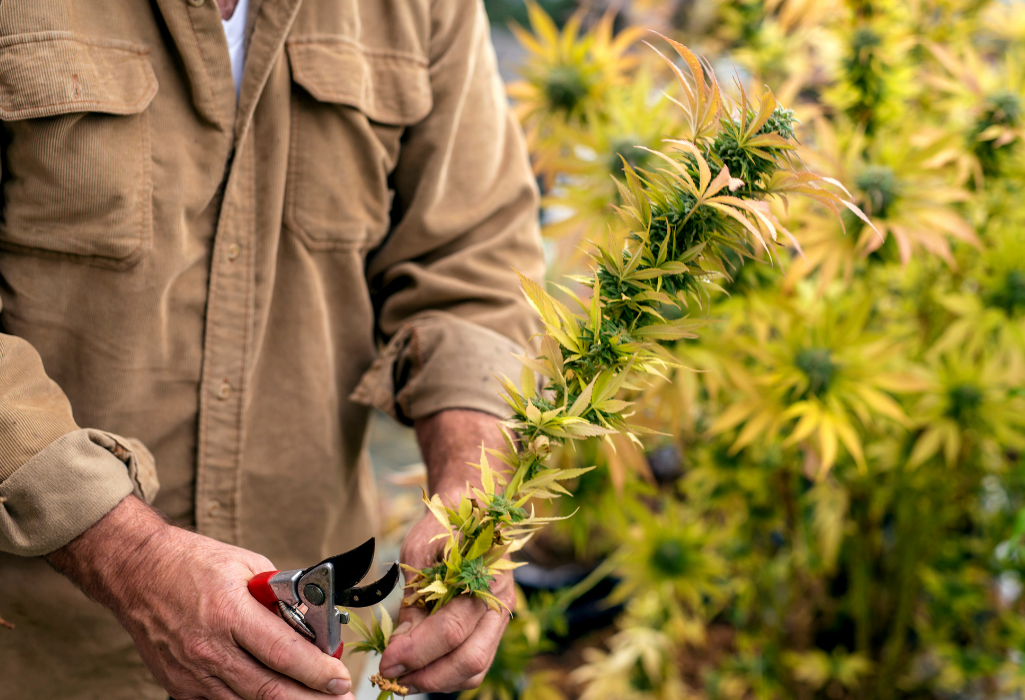
Evidence for the Impact of Air Pollution on Depression
Little is highlighted about the toxic effects of air pollution and the likelihood that cognitive symptoms can occur, including anxiety and changes in behavior. Increased levels of some air pollutants are accompanied by an increase in psychiatric admissions and emergency calls and, in some studies, a reduction in psychological well-being.
